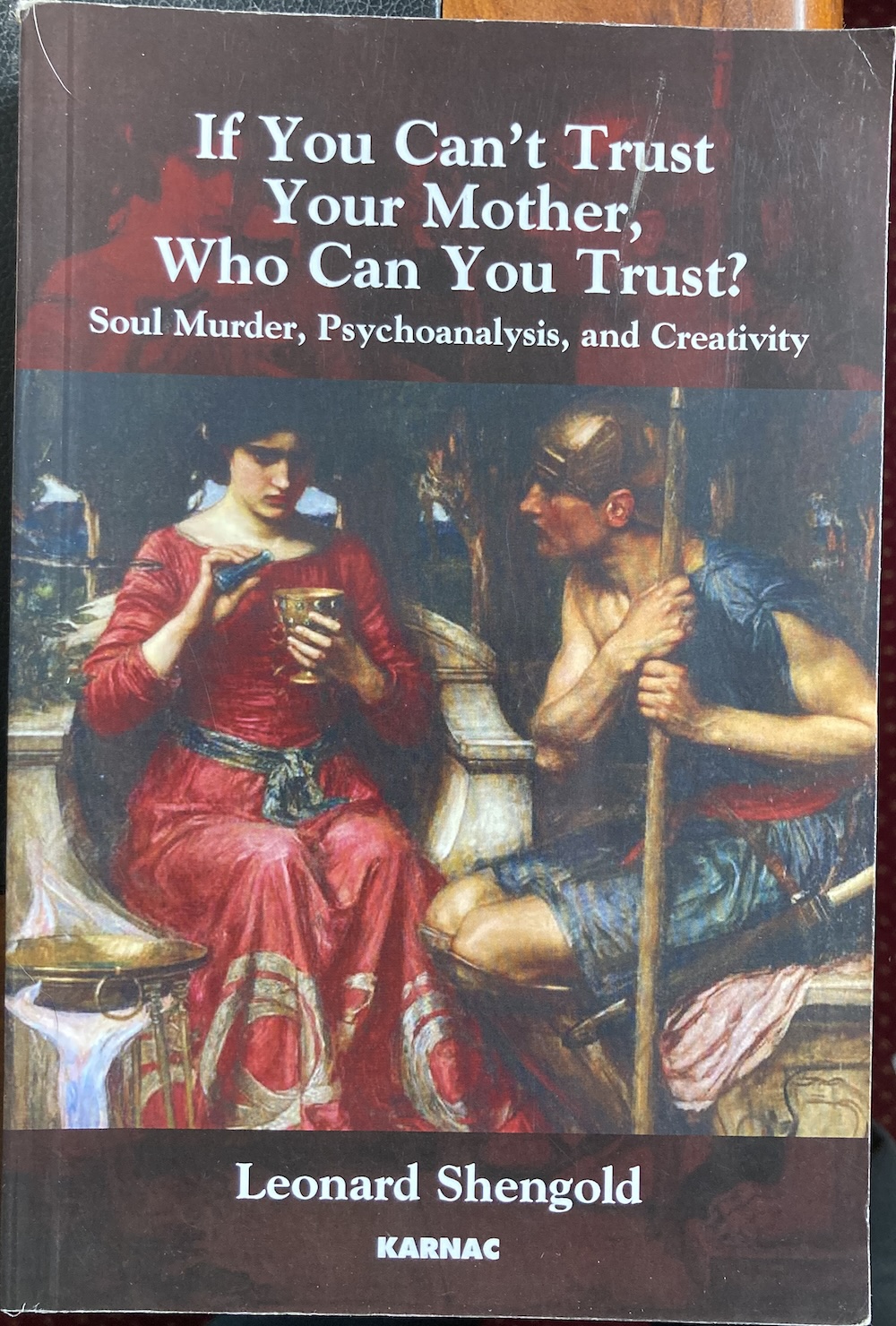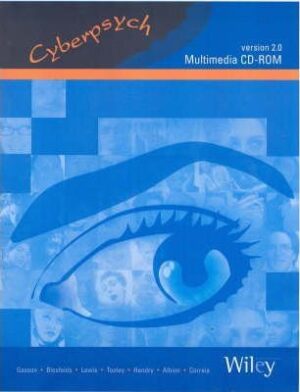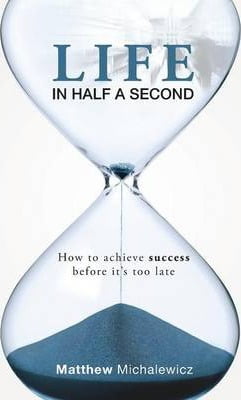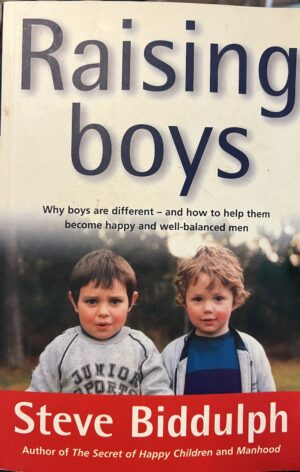If You Can’t Trust Your Mother, Whom Can You Trust?: Soul Murder, Psychoanalysis and Creativity
By Leonard Shengold
$40.00
The main theme of this book concerns the continuing psychic centrality of parents for their children.
Several chapters examine an author and his works, outlining that author s relationships with parents, good-and-bad, and making descriptive comments about these based both on information gleaned from the author s life and writings as well as from observations found in autobiographies, biographies and critical works. Since these studies in part concern stories of child abuse and deprivation, the book predominantly illustrates bad parenting that seems to have contributed to the child s psychopathology.
Yet in most cases there has also been an evocation by the trauma and deprivation of adaptive and even creative reactions–this positive effect also of course largely attributable to concomitant good parenting–and yet there are some cases where little of this seems to have existed and yet the children still turn out to be able to make something of themselves. The conditions that make for psychic health in a traumatised childhood are mysterious and can t always be accounted for.
The central mental and emotional importance of the parents in the earliest development of the child s body and mind is generally accepted. The continuing lifelong centrality of parental actual and (predominantly unconscious) psychic presences that can motivate emotions, thoughts, and actions, and persist for the rest of a person s life, is frequently not recognised, acknowledged, nor denied.
As the author notes, “We spend so much of our lives, especially as middle age and old age approaches, waiting for a magically endowed good parent who will fulfil the promise of our earliest years, waiting, as Becket puts it, for Godot to restore us to our narcissistic beginnings, at least intermittently full of the promise of eternal happy existence.”
In stock





